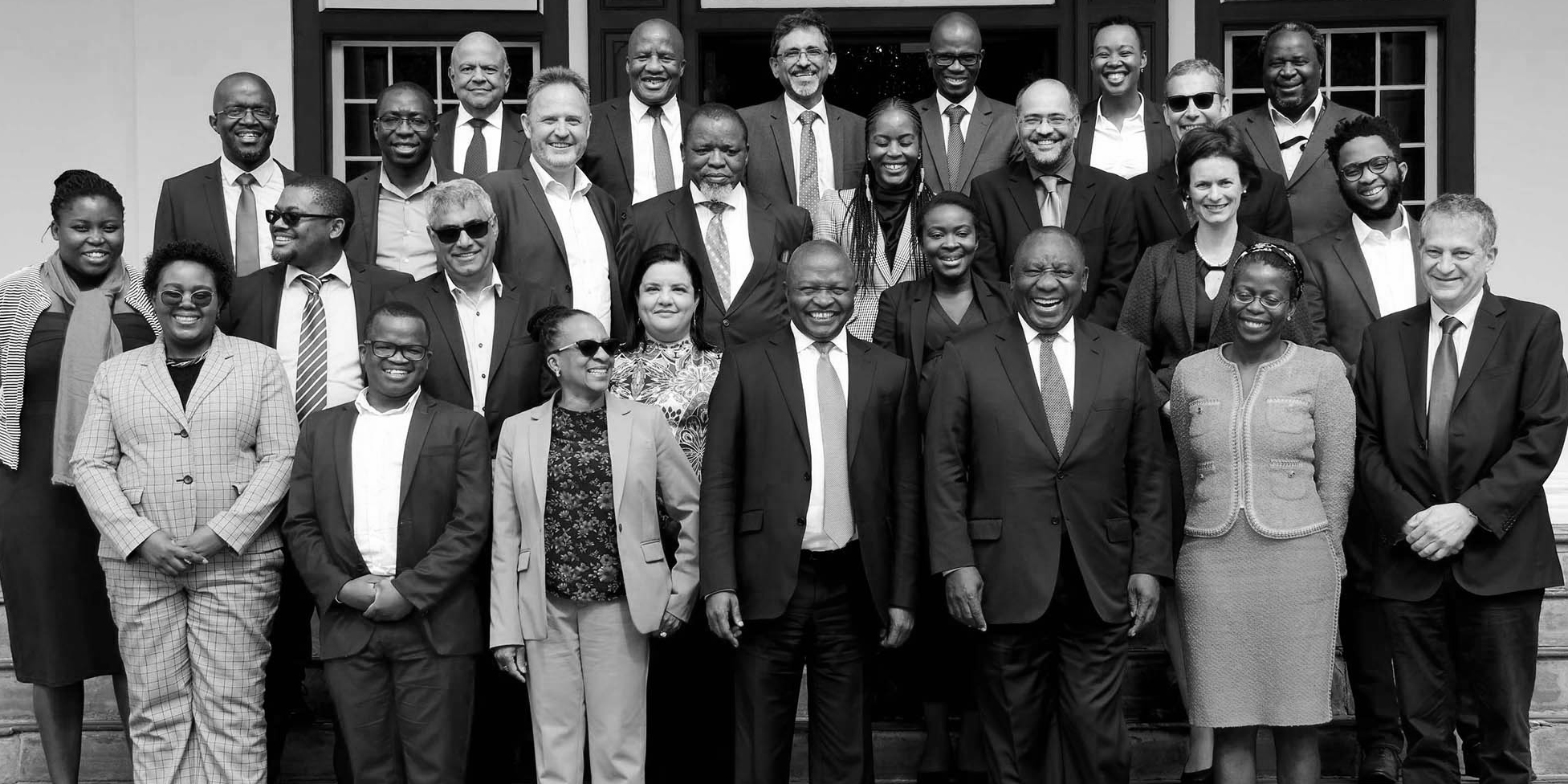There is an art to giving and taking advice because essentially, advice is the other side of criticism. The first rule is: Don’t take advice from Dalmatians. It’s going to be spotty at best. (Sorry.)
Notionally, advice might imply criticism, but surely it’s the positive side of criticism? It’s what you can or should do about the problem(s), rather than simply stating a problem. Of course, you can undermine your advice by delivering it in a way that is so unpleasant it merely puts your subject’s back up, and then you have achieved nothing other than criticism.
I have a friend who advises people about writing and comes across this problem all the time. The system she has developed she calls the “criticism sandwich”. Every piece of criticism should be delivered between two compliments. Good advice! Although, if you do that too often, won’t it become recognisable?
The general rule with advice is to be clear and concise, offer options (not directions) and be kind, or at least empathetic. And don’t offer advice on topics you don’t know much about.
I’m thinking about all of this because President Cyril Ramaphosa has just named the latest iteration of his Presidential Economic Advisory Council (PEAC). The announcement didn’t get much airplay, partly I think because there is not much news there; the majority of people on the council are participating for the second five-year term. The full list is here.
And in a sense, it’s unobjectionable. Or is it?
You have to say, the group is a powerhouse of academic knowledge and economic experience. Just to name a few of the international members, the group notably includes Dani Rodrik, professor of international political economy at the Harvard Kennedy School in the US; Mariana Mazzucato, professor in the economics of innovation and public value at University College London; and Antonio Andreoni, professor of development economics at SOAS University of London.
The group’s job, as they have defined it, is to develop specific reports on areas of economic life and offer policy advice. Some of the advice has been useful and helpful; other parts are slightly generic. (See the criticism sandwich there?)
But sometimes doing the obvious is better than doing the opposite. I guess the most memorable intervention was the decision in 2021 to increase the licensing threshold for new embedded generation projects up to a limit of 5,000MW. The result was that a whole bunch of mining, industrial and retail companies rushed out and built their own mini-grids. And voilà! Three years later, no more load shedding. This has been a much bigger project for PEAC than it appears from this one suggestion; other restrictions were dumped and the result was the same. The full details are here, if you are interested.
Read more: As loadshedding goes local, the power gap between rich and poor widens
There are many other examples, like trying to suggest ways to improve support for small businesses and the informal sector. Specific advice was to expand the Employment Tax Incentive scheme, which as far as I know, has not happened. However, there was work done on relief grants such as the Social Relief of Distress grant, which emanated from the PEAC. It now goes to 17 million people. So, you know, this group is not shooting blanks.
The filling in the criticism sandwich
Okay, so this is the bread portion of the criticism sandwich; what about the filling?
Let me introduce this with something one of the participants wrote, which was used in one of the group’s reports. Dani Rodrik wrote: “When economists and policymakers think of social justice, they typically focus on the ‘distributive’ variety — who gets what? But, as political philosopher Michael Sandel argues, perhaps a more important yardstick is ‘contributive justice’, which refers to the opportunities to win the social respect that comes with good jobs and ‘producing what others need and value’.
“Difficult though it may be, governments must learn how to enhance productivity and employment simultaneously in labour-intensive service sectors. That means adopting measures with many of the same features of ‘modern industrial policy’, whereby the state, in exchange for job creation, pursues close, iterative collaboration with firms to remove obstacles to their expansion.”
You could put this another way and much simpler, in my view: where are the businesspeople on this council? Where are the people who actually make the jobs, rather than pontificate about making jobs? If the function of PEAC is to “pursue a close iterative collaboration” with the private sector, wouldn’t it help to have a few of those okes in the room?
Some of the major successes the group has delivered are essentially those in which the private sector was freed from overbearing and illogical government direction as part of the “developmental state” idea. And while Wandile Sihlobo represents the Agricultural Business Chamber, he is an economist.
In essence, PEAC represents the government’s gradual evolution away from the “developmental state” idea. But, for my taste, not enough. DM





